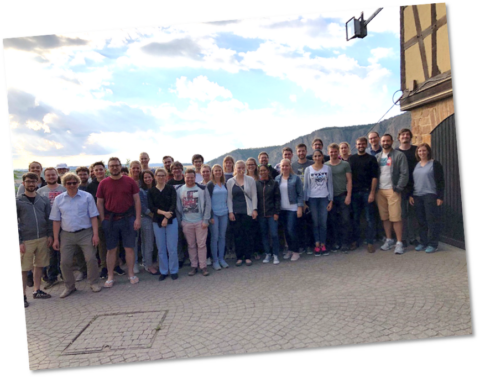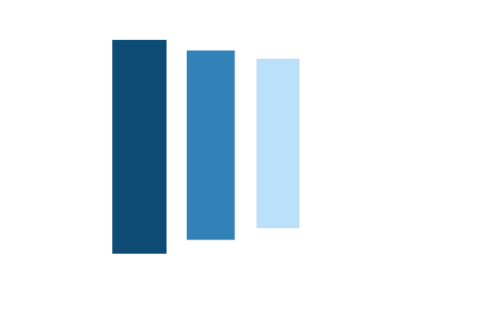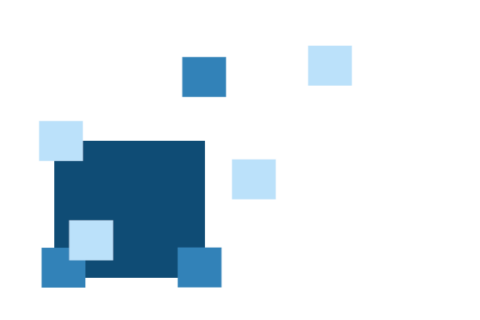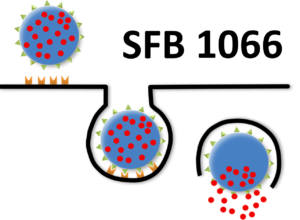Within the CRC it is possible to apply for a research assistant to support the research work of the subprojects. The provided funds allow to finance one research assistant per subproject per year (19 hours/week for 2 months). All PhD students working on a subproject of the CRC are eligible to apply.
A one-page letter should briefly describe the research project and the need for support by a research assistant. The CRC committee decides on the approval of the applications in March and June for the current year and in December for the following year.
At the end of the funding period, the results of the work must be summarized on one page and submitted to the board.





